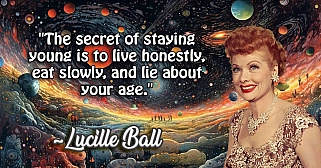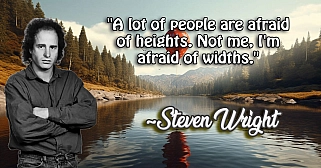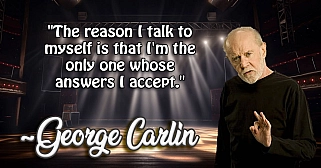Johnny Carson: The King of Late-Night
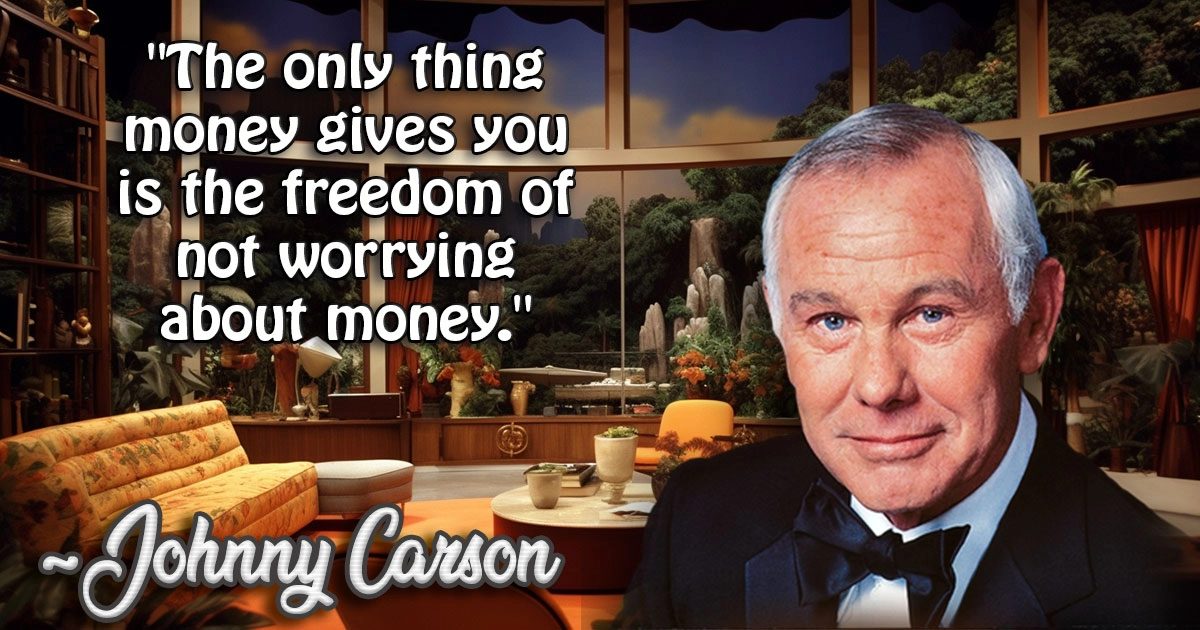
Johnny Carson
Johnny Carson wasn’t just a TV host; he was a cultural icon, a man whose wit, charm, and perfect timing made him the king of late-night television for decades. From 1962 to 1992, Carson ruled “The Tonight Show,” bringing laughter and joy to millions of homes across America. But behind the curtain of his legendary success was a deeply private man with a life that wasn’t always as smooth as his on-screen persona.
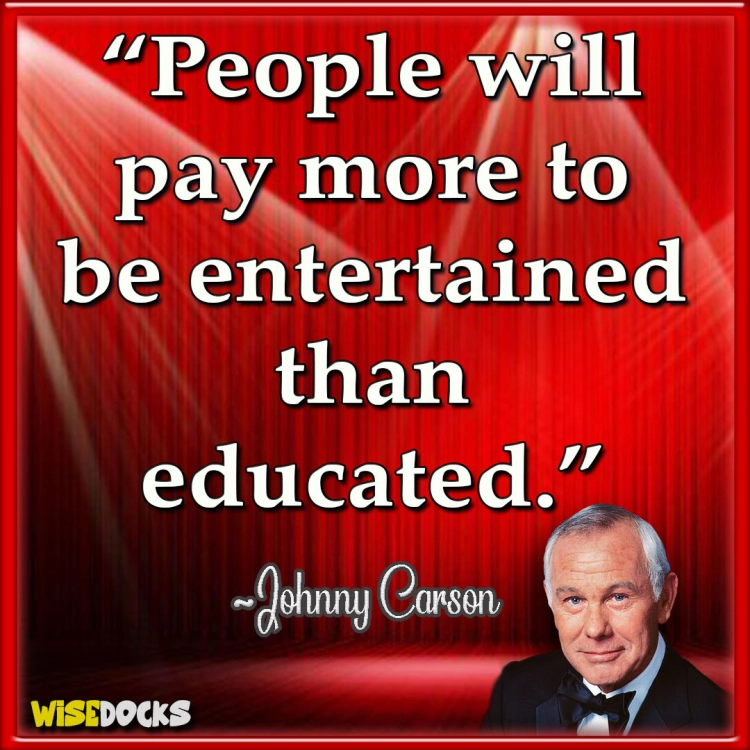
Early Life and Beginnings
Johnny Carson was born John William Carson on October 23, 1925, in Corning, Iowa, but his family moved to Norfolk, Nebraska, when he was just eight years old. It was there that his interest in show business first took root. As a young boy, Carson was fascinated by magic, a passion that stayed with him throughout his life. He even performed in small magic shows around his neighborhood, calling himself “The Great Carsoni.”
After high school, Carson joined the Navy during World War II, serving as a midshipman in the U.S. Navy Reserve. The war ended before he saw combat, but his time in the service introduced him to the art of entertaining. He performed for fellow sailors and began honing the skills that would eventually make him a household name.
When Carson returned from the war, he pursued a degree in radio and speech at the University of Nebraska. His natural charisma and quick wit led him to the world of radio, where he got his first real taste of broadcasting. After graduation, Carson moved to Los Angeles, where he worked as a writer for a local television station. It wasn’t long before his talent in front of the camera became evident, and he was given a show of his own: “Carson’s Cellar,” a half-hour sketch comedy program.
Breakthrough on Television
Carson’s first big break came in 1955 when he was hired to host “The Johnny Carson Show,” a short-lived variety program. Though it didn’t last long, it brought Carson enough attention to land him a spot as a regular panelist on the popular game show “Who Do You Trust?” It was on this show that he began to develop his famous interview style, and where he first met Ed McMahon, his loyal sidekick who would eventually join him on “The Tonight Show.”
In 1962, Carson got the opportunity that would change his life—and the face of American television—forever. Jack Paar, the host of “The Tonight Show,” decided to step down, and NBC approached Carson to take over the coveted late-night slot. At first, Carson was reluctant; he knew the pressure of following a legend like Paar would be immense. But he finally agreed, and on October 1, 1962, Johnny Carson debuted as the host of “The Tonight Show.”
The Tonight Show Legacy
From the moment Carson took the desk, it was clear that a new era had begun. His quick wit, impeccable timing, and ability to connect with guests made him an instant hit. Unlike Paar, who could be confrontational and emotional, Carson had a laid-back charm that put both his guests and his audience at ease. His ability to poke fun at celebrities, politicians, and even himself without ever seeming mean-spirited became one of his trademarks.
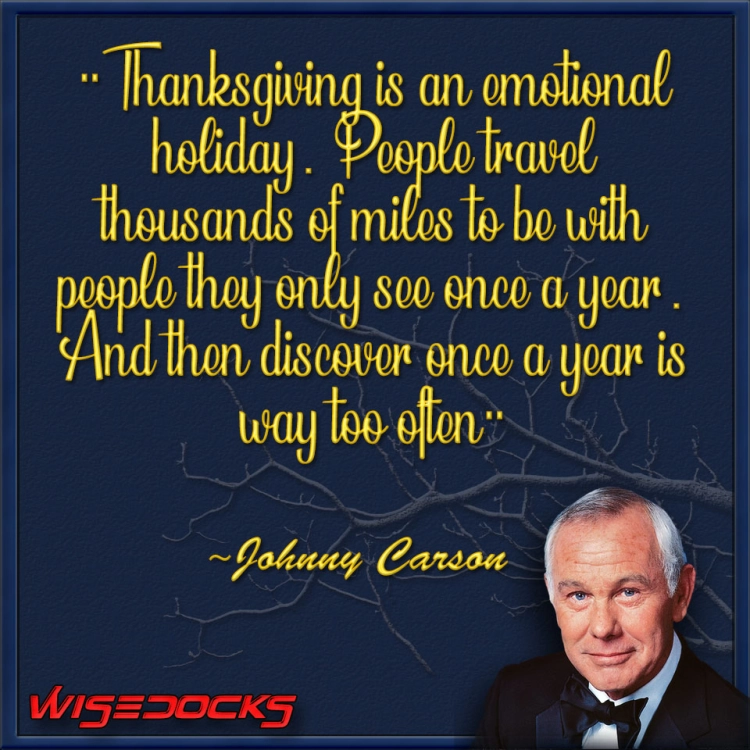
Carson wasn’t just funny—he was innovative. He introduced recurring sketches like “Carnac the Magnificent,” where he played a psychic who could answer questions before hearing them, and “Art Fern and the Tea Time Movie,” a wild parody of late-night TV hosts. These sketches became staples of the show, giving viewers something to look forward to night after night.
But Carson’s greatest skill was his interviewing ability. He had a way of making his guests feel comfortable and giving them the spotlight, even though everyone knew the real star of the show was Carson himself. His interviews weren’t hard-hitting, but they were always entertaining. He had a gift for getting celebrities to open up and show a side of themselves the public rarely saw. When someone like Don Rickles or Bob Hope sat down on the couch next to Carson, viewers knew they were in for something special.
Over the years, “The Tonight Show” became a platform for emerging talent. Carson had an eye for spotting young comedians and entertainers who would go on to become stars in their own right. David Letterman, Jay Leno, Joan Rivers, and many more comedians got their big breaks on “The Tonight Show,” thanks to Carson’s generosity and willingness to showcase new talent.
Carson's Impact on Comedy and Culture
What made Carson stand out from other hosts of his time was his ability to blend traditional and modern comedy. He had deep respect for the comedians who came before him, like Jack Benny and Groucho Marx, but he also wasn’t afraid to push boundaries. His monologues often touched on current events, but he was careful not to dive too deep into politics, preferring to keep his humor light and universal.
Carson also knew how to handle the unpredictable nature of live television. When a joke bombed, he would embrace it, often getting more laughs from the way he reacted to a bad punchline than the joke itself. His expressions—whether it was a raised eyebrow, a smirk, or a straight-faced stare—became legendary, and audiences loved watching him roll with whatever happened, whether it was a technical glitch or an unruly guest.
Throughout his career, Carson remained an enigma in many ways. Though he was beloved by millions, he kept his personal life largely out of the spotlight. He was known for being intensely private and avoided interviews whenever possible. When the cameras weren’t rolling, Carson retreated to his home in Malibu, where he enjoyed a quiet life away from the hustle of Hollywood.
Personal Struggles and Relationships
While Carson’s professional life was filled with success, his personal life was far more complicated. He was married four times, and his relationships with his wives and children were often strained. His long hours and dedication to the show took a toll on his personal relationships. Carson was known to be a heavy drinker, and his struggles with alcohol contributed to the difficulties in his marriages.
Despite his personal troubles, Carson remained dedicated to his work. He continued to host “The Tonight Show” for 30 years, winning numerous awards and becoming a beloved figure in American pop culture. In 1987, he was inducted into the Television Hall of Fame, cementing his status as one of the greatest TV hosts of all time.
The Final Show and Farewell
By the early 1990s, Carson was ready to retire. After three decades of hosting “The Tonight Show,” he decided it was time to pass the torch to a new generation. On May 22, 1992, Johnny Carson hosted his final episode, and it was an emotional farewell. The show wasn’t packed with big celebrity guests or extravagant musical performances; instead, Carson chose to keep it simple, reflecting on his career and thanking his audience for their loyalty.
His final monologue was heartfelt, as he thanked everyone who had supported him throughout his long career. “I am one of the lucky people in the world,” Carson said. “I found something I always wanted to do, and I have enjoyed every single minute of it.”
Carson’s last show was watched by over 50 million people, a testament to the impact he had on American television. After his retirement, he retreated from the public eye, making only a few rare appearances and avoiding interviews. He spent his final years enjoying his quiet life, sailing and playing tennis, far away from the world of show business.
Carson's Legacy
Johnny Carson’s impact on television and comedy cannot be overstated. He set the standard for late-night hosts, and his influence can still be seen today in the performances of comedians like David Letterman, Conan O’Brien, and Jimmy Fallon. His humor was timeless, his interviews were unforgettable, and his ability to entertain millions of people night after night made him a television legend.
Carson’s career spanned a time of great change in America, from the early days of television to the modern era of cable TV and streaming services. He saw cultural shifts, political upheavals, and the rise of new media, but through it all, he remained a constant presence in American homes. His brand of humor was often described as “midwestern,” a reflection of his humble beginnings in Nebraska, but it was also universally appealing, making people from all walks of life laugh.
More than just a comedian, Johnny Carson was a storyteller. He had a unique ability to make everyday situations seem funny, and he approached life with a sense of wonder and curiosity. Whether he was making fun of a politician, chatting with a movie star, or performing a magic trick, Carson brought a sense of joy and ease to everything he did.
